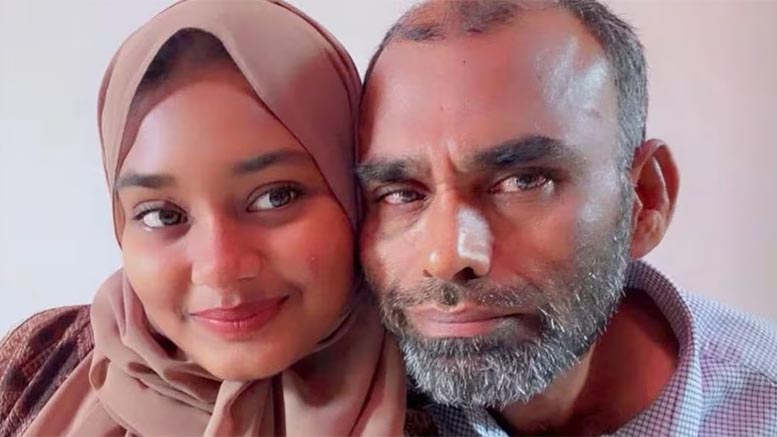New Delhi, Dec 23: What is unique about a cornerstone inaugurated by Mahatma Gandhi in Karachi in 1934? It is one of the few relics related to Gandhi that has stood the test of time in Pakistan.
The plaque of the Karachi Chamber of Commerce still greets onlookers as a reminder of another era, a time when a robust nationalist vision was sweeping through India - from Karachi to Mysore, Peshawar to Chittagong.
Very often, the administrator of the building had to get the cornerstone cleaned and to protect it against vandalism, it has been recently covered by transparent glass.
This detail finds mentions in the latest issue of The Equator Line magazine.
Written on the plaque is: “Karachi Indian Merchants Association/This Foundation Stone was laid by Mahatma Gandhi/ 8th day of July 1934.”
Not far from the Karachi Chamber of Commerce is a structure, across Urdu Bazaar and next to the old Radio Pakistan building - an emblem of Gandhi on the cast-iron railing, evocative of the heyday of an anti-colonial struggle, says Dr Shershah Syed.
“The ornate icon at the centre of a flowery bouquet moulded over the railing takes a pattern as it features on every balcony of the building visible from every side of the road,” Syed, who is the founder of National Forum on Women’s Health in Pakistan, writes.
He also talks of a big Gandhi statue that had stood on the top floor of a building on Frere Road. “At some point, the statue disappeared. It is no longer there.”
There stood another Gandhi statue in Cantonment Road but it was removed in 1950, he says.
According to Syed, a municipal park in Karachi was known as Gandhi Garden, where small political and social gatherings used to take place. This landmark has long disappeared along with its name and location.
The present Zoological garden in the heart of Karachi was called Gandhi garden too. But now, its name has been officially changed to Karachi Zoological Garden.
The magazine’s issue has been dedicated to Gandhi. Besides several articles, it has two interviews of Chipko movement spearhead and Gandhian Sunderlal Bahuguna and Gandhi’s granddaughter Tara Gandhi Bhattacharjee.
“Indian culture has absorbed the Gandhian ethos as much as the epics. He has been mythicised as much as the men and women populating the world of the epics. The consequences of any attempt to alter the deep patterns of our society could only be terrible,” writes Bhaskar Roy in the editorial.








Comments
Add new comment